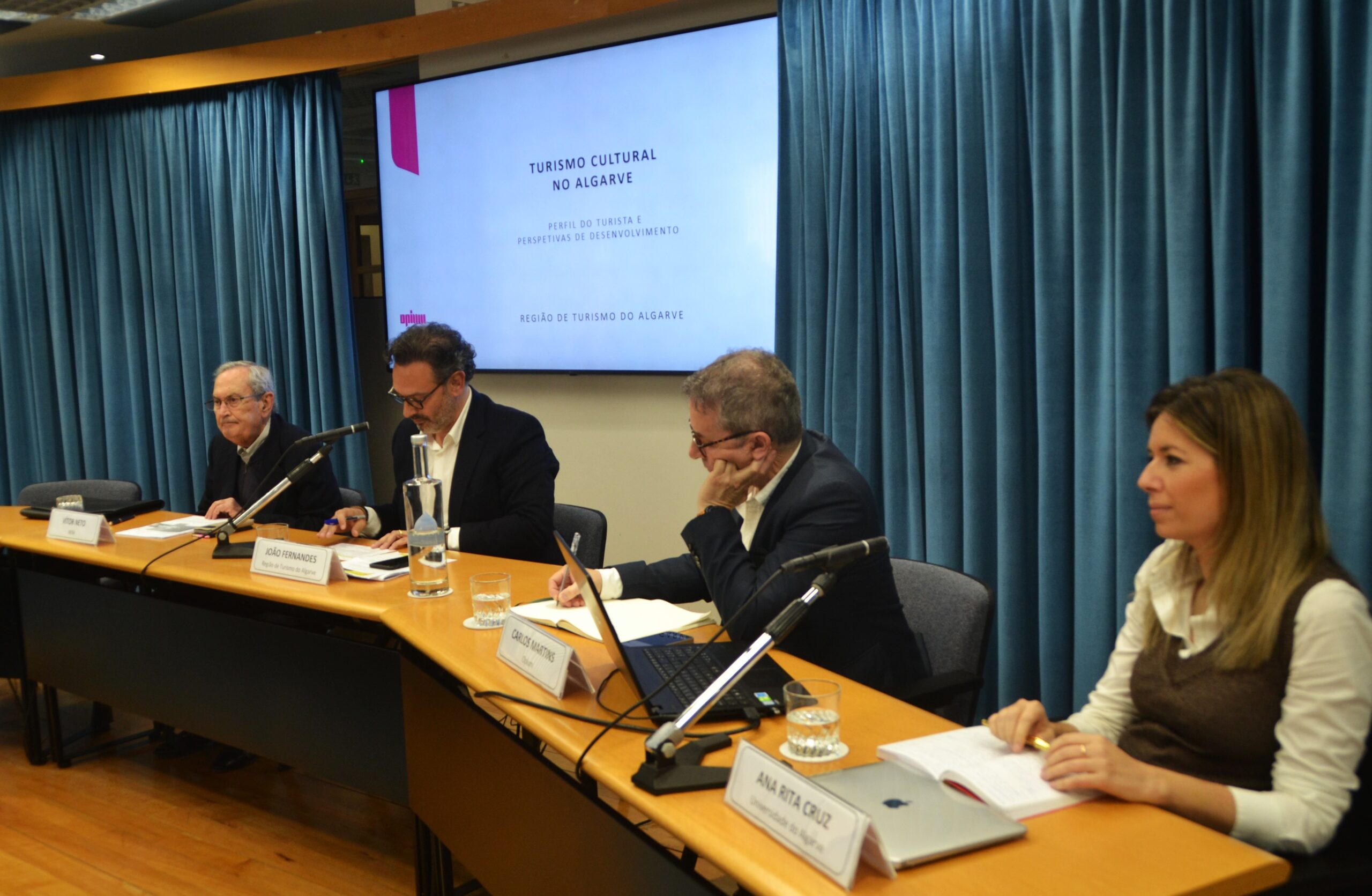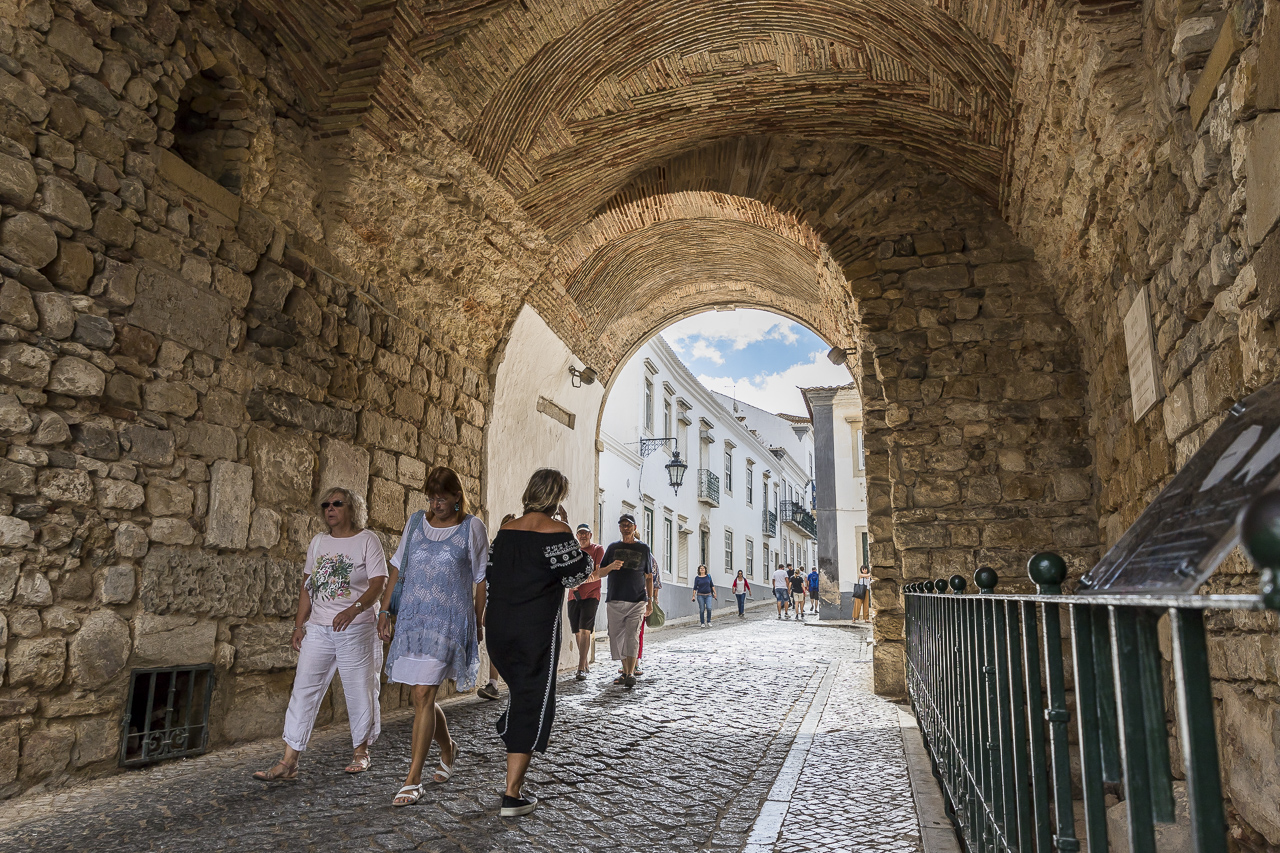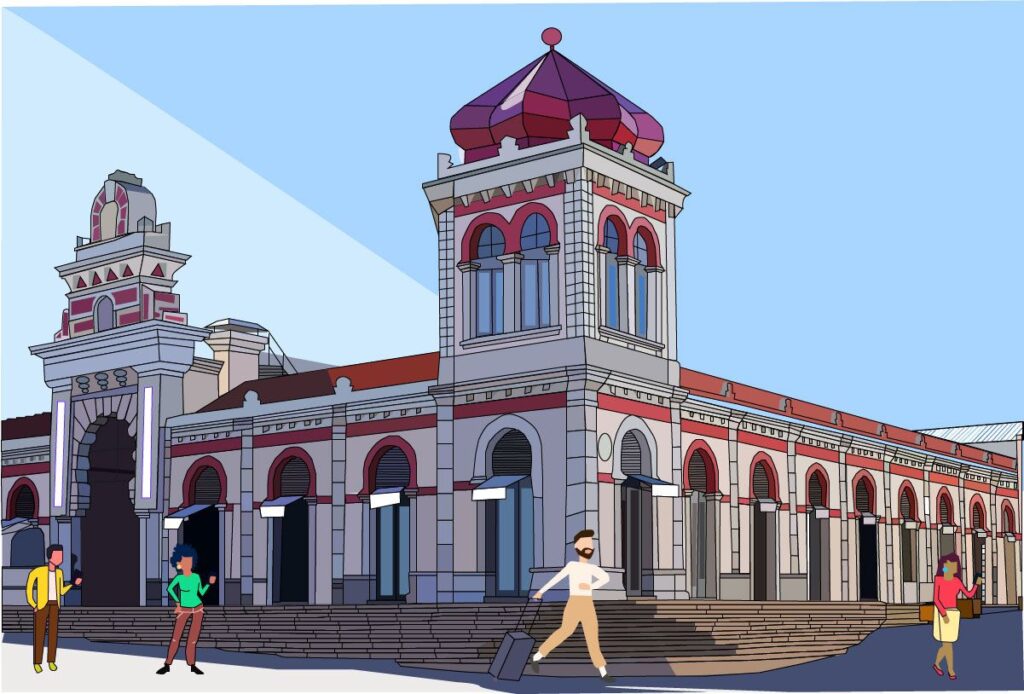The study was carried out in the summer of last year in various locations, such as the Airport, tourist offices and hotels. The most obvious conclusion is that culture is increasingly present in the tourist demand for the Algarve. 97% of people who visit the region visit or want to visit a cultural attraction; 41,5% come to the Algarve attracted by the culture. The indicators are «very interesting», but there is still work to be done.
These data are contained in the study “Cultural Tourism in the Algarve – Tourist Profile and Development Perspectives”, presented this Monday, March 13, at the headquarters of the Algarve Tourism Region, in Faro.
From the study, carried out by the “Opium” consultancy, a great indicator stands out, explained by Carlos Martins, director of the company.
«In general, what I emphasize is the fact that cultural motivation is increasingly present in tourist demand in the Algarve. Even if it is not the first priority, for 97% of people, it is something they are interested in discovering, experiencing and attending», said the consultant.
According to the study, 41,5% of the tourists surveyed chose to spend their holidays in the Algarve for cultural reasons (whether urban tourism, wine tourism, creative or touring). Already 36,8% had the sun and beach as motivation and 20,8% came to do nature tourism.
But who are the cultural tourists who come to the Algarve?
The study, which included responses to 610 surveys, both face-to-face and online, also reached some conclusions.
The cultural tourist has, on average, a higher academic qualification and also greater financial capacity. More than 50% are over 40 years old.

Tourists with a greater predisposition to consume culture come from the Netherlands, France and Germany, unlike the Portuguese, Irish and Spanish who have «more superficial consumption, linked to entertainment».
Speaking to journalists, Carlos Martins explained another of the «interesting facts».
Is that, «of the people who come to the Algarve for holidays, about 20% already have a relationship with the cultural sector: either because they are artists or because they are architects, designers, etc», he exemplified.
This means that «many already have consumption habits: they go to museums, read books, go to a library, to a festival, to a theatre».
Even so, for the former executive director of Guimarães European Capital of Culture (2012), these people «often do not find, in the region's response, a profile of services close to what their interests are».
«Often, the offer we have is not for those who already have permanent cultural habits, but something more casual, like a music festival in an open-air space», he said.
What the study shows, according to Carlos Martins, is that «some adjustments are needed between supply and demand», giving as an example the fact that wine tourism is not yet well structured.
«We have an increasingly competitive market. If tourists are increasingly more cultural, the Algarve has to follow this trend, otherwise it will lose out and be hostage to the tourist who is less demanding but also spends less », he defended.
According to the study, each tourist spends, on average, 180 euros on cultural or entertainment experiences in the Algarve.

This money, according to Carlos Martins, could «return to strengthening the cultural sector» because, «above all, it is important to realize that there can be no cultural tourism without trained cultural agents».
“This implies a great effort from a region. There is a need for the Algarve to maintain and attract cultural agents to also be able to have cultural experiences, otherwise we have to import them », he considered.
The study also indicates some of the new products that can be developed, with a common denominator: to make people feel "less and less tourists and more residents".
«We have to make them aware of the markets, our recipes, our intangible heritage and what is unique and specific often does not reach the tourist», said Carlos Martins, reinforcing that issues such as sustainability are increasingly sought after.
For the person in charge, this study «allows us to help identify what the demand needs».
«Often, on the side of the regions, there is a lot of work on supply. One more event, one more visitable space, one more route – but nobody asks the tourist what he really wanted », he concluded.
This study was carried out within the scope of the “Algarve Premium” project, promoted by NERA – Associação Empresarial da Região do Algarve, Região de Turismo do Algarve and Associação Turismo do Algarve, with funding from FEDER.



















Comments